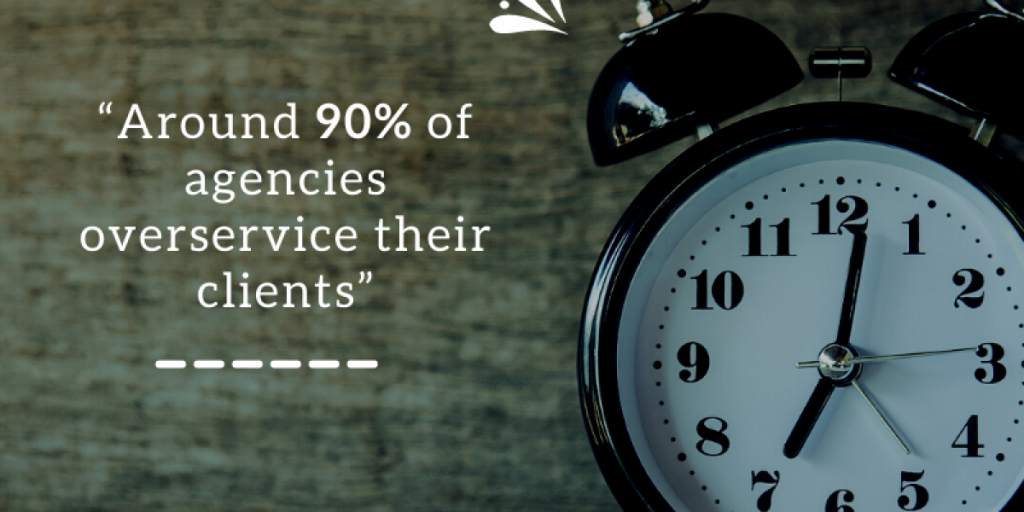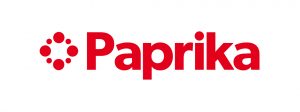Main Content
The importance of time tracking in the new workplace (and how to make it work)
Let’s be honest. Perhaps, for many, timesheets are a little mundane. But at a point when the working world as we know it has been flipped on its head, now is the time to pay a little more attention to the simple act of clocking on and off.
Perceived as a drain on creativity, a waste (somewhat ironically) of time, or simply a way for senior management to keep tabs on employees, agency staff seemingly wanted nothing to do with the tedious task of logging their time. So, what’s changed?
Is it about time?
 Traditional nine-to-five presenteeism and the act of being physically in the workplace for the duration of the day, is set to become a little obsolete in the wake of the pandemic.
Traditional nine-to-five presenteeism and the act of being physically in the workplace for the duration of the day, is set to become a little obsolete in the wake of the pandemic.
Historically, managers harboured cynicism about the efficacy of homeworking. A lack of trust, and general doubt that workers would be as productive outside of the office, meant that many resisted enabling their workforce to work remotely.
As the Covid-19 pandemic forced its hand in mandating homeworking on an almost global scale, managers and business leaders learned that teams could be just as productive, if not even more efficient, when given the flexibility to work from home. After a year in the throes of a pandemic a survey by PwC concluded that: “86% of CEOs foresee a long-term shift towards remote working.”
As businesses prepare to reinstate themselves in a more virtual capacity, managers have come to accept the virtues of remote working and allowing staff members more flexibility.
But as managers become accustomed to running client operations smoothly, overseeing workloads and managing project schedules within a digital workplace, timesheets have become ever more crucial in agency life.
It's about trust
With creative teams working to strict deadlines, putting processes in place and making communication simple and frictionless is crucial. Empowering your teams with the technology they need ensures that management can always have visibility over client work without needing to micro-manage from afar.
TRUST has become a key culture change in light of the circumstances of a virtual workplace, and an efficient timesheet software becomes a core part of your trust culture as a hybrid or remote agency. Homeworking has meant that employees have become accustomed to more open communications, checking in with managers and colleagues more regularly in the absence of the office water cooler. Likewise, managers have learned to trust in their creative workers as they collaborate as a disparate team.
What are the benefits of logging time?
“I remember a conversation many years ago, with the COO of an award-winning product design company. He explained the importance of connecting time recording and resource planning. His view was that creative minds would seldom be interested in what they have just finished but would always be interested in what they were going to do next. His vision was that designers would only see what they were working on this week when they “unlocked” the plan by completing their timesheet for the week before. This seemed a little controversial at the time but aligning resource planning and time recording has other benefits: if the jobs or tasks that someone has been resourced for are already on their timesheet it saves time searching for the right job number and it reduces the risk of choosing the wrong one.”
Nick Tomlinson, Managing Director
Tracking time ensures that account managers can spend less time on administrative work and more time on what is important. It also makes it easier to resource new projects appropriately, so your team stays on target and meets its deadlines…but while recording the number of hours that have been worked on a job will identify where overservicing has happened, it won’t stop it happening.

In a world where agencies are paid for what they do, not how long it takes, by the time the hours are recorded the damage is done. The advantage from having a record of the time worked comes in the future. One of the keys to reducing overservicing is to improve the pricing of work and the accurate time recording gives us a vital feedback into the pricing and estimating process.
The benefits for a manager are clear, but what about your creative team? What are the rewards that are going to encourage them to fill in their timesheet? Download a guide for your team here.
The importance of time as a client investment
For the individual, timesheets can give some valuable insight into personal development goals and where you could add value for the team. Looking to the future, expect your timesheet to do more than just record hours. Paprika customer Newgate Sydney has recently incorporated a “how busy am I?” indicator. This is a simple drop-down scale from “Freeish” to “Flat Out” or “On Holiday” that has enormous and very immediate benefit for managers when looking at an individual level, across a team or the agency as a whole. At the moment Newgate are doing this on a dashboard but expect to see this embedded with Paprika timesheets, and as wellbeing and fulfilment become more important to us in an “out of office” world, imaging capturing immediate feedback on how people feel their skills match their workload or just how happy they are in their work.
For senior leaders, time transparency is an integral cog in the workings of your agency, allowing you to analyse, review and plan your resources more effectively to get the best value for your clients on every project.
An easier way to enter and track time with Paprika
 Paprika is designed for the creative and marcomms sector and offers a fully integrated solution which helps drive efficiencies, streamline processes, increase profitability and enable agency growth. Find out more about Paprika and get in touch to book a free demonstration.
Paprika is designed for the creative and marcomms sector and offers a fully integrated solution which helps drive efficiencies, streamline processes, increase profitability and enable agency growth. Find out more about Paprika and get in touch to book a free demonstration.
Paprika are sponsors of the DBA Annual Survey Report. The 2021 Report launches in October 2021. Find out how you can use the findings in the report to benchmark your design business.